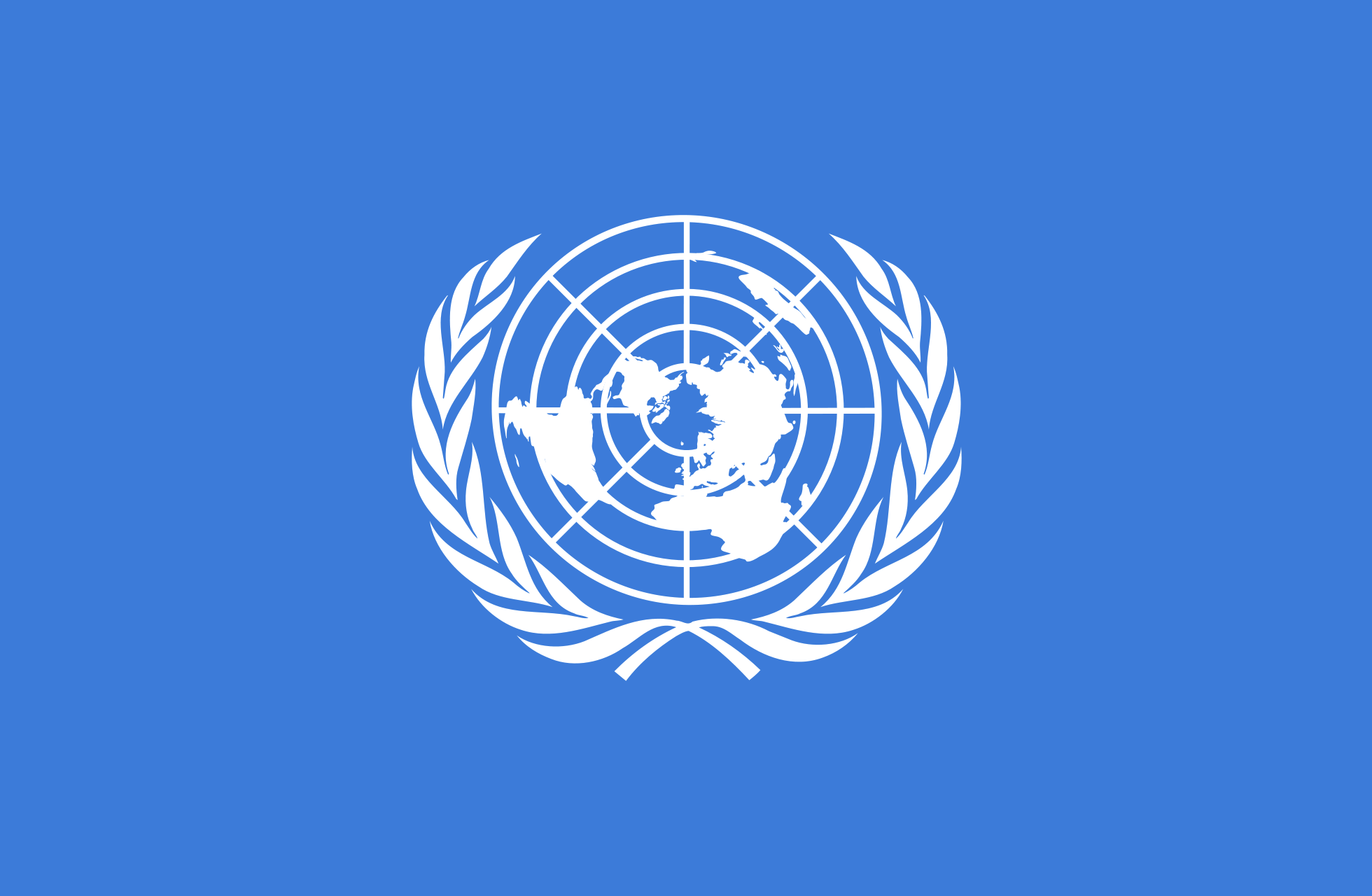The World Food Program (WFP) and the Food and Agriculture Organisation of the United Nations (UN) (FAO) has detected increasing levels of acute starvation in Burkina Faso, Nigeria, South Sudan, and Yemen. And the risk of famine is currently high in these countries the report says.
Read Also: United Nations Chief Warns Against ‘New Cold War’
The UN agencies explained that these nations are currently going through conflicts, economic crises, climatic disasters, and the COVID-19 pandemic. The combination of all these factors has resulted in an increase in food insecurity among their inhabitants. “These countries already had significant food security problems at the beginning of 2020 and will face a further deterioration of their situation in the coming months,” WFP expert Claudia Ah Poe said. He also explained that 20 countries have already been declared at risk.
In early 2020, WFP estimated that some 121 million people were at risk of food insecurity in 80 countries. This number, however, could be expanded because of the pandemic. Compared to what happened in 2019, for example, Burkina Faso has registered the highest increase in people who suffer from hunger. Soum and Oudalan provinces are in “phase 4” of a scale of food insecurity whose maximum value is 5. In these territories, 11,000 people are already in the last phase, that is, in a situation of famine.
In South Sudan, half a million people are in phase 4 in Junqali State. In Yemen, where 17 million people were in a food crisis at the beginning of the year, the situation has worsened as an additional 1.2 million people have fallen into crisis in recent months. Nigeria’s problem is the inability to access certain areas with humanitarian aid, which means that many people are left to their own resources, FAO analyst Luca Russo explained. Technically, famine occurs when 20 percent of a population is severely starved of food. The WFP spokesperson Tomson Phiri highlighted the need for a larger budget and better access to some areas to reach the people who need it. He has also stressed that what those countries really need is to achieve peace in order to have real opportunities to solve their social problems.
It will be recalled that the Nigeria government in August borrowed about 5000 metric tons of grain from Economic Community of West African States (ECOWAS) to feed Nigerian citizens as menace of hunger bites harder. Also, report has it that over 80 million Nigerians are living below poverty level and estimated 120 million Nigerians are currently under the category of extremely poor despite hug foreign borrowing by the government. Nigeria currently facing high rate unemployment, inflation, insecurity, corruption and bad governance with Nigerians felling no positive impact of the loans borrowed. The country is already experiencing food crisis with many families finding it very hard to feed since coming out of COVID-19 pandemic with government doing little to ameliorate the suffering of the people.
Recently, Nigeria announced that it is seeking a new loan of 1. 2 billion dollars from Brazil to finance agricultural programs and is seeking approval from National Assembly. This has drawn much condemnation from the citizens and stakeholders alike, with Peoples Democratic Party (PDP) the main opposition party warning that this move will plunge the economy into a devastating pitfall. In a statement released by the party through its National Publicity Secretary, Kola Ologbondiyan said “it was worrisome that the government had such plan in spite of public outcry against the accumulation of loans from china and other nations”.
AFRICA TODAY NEWS, NEW YORK
